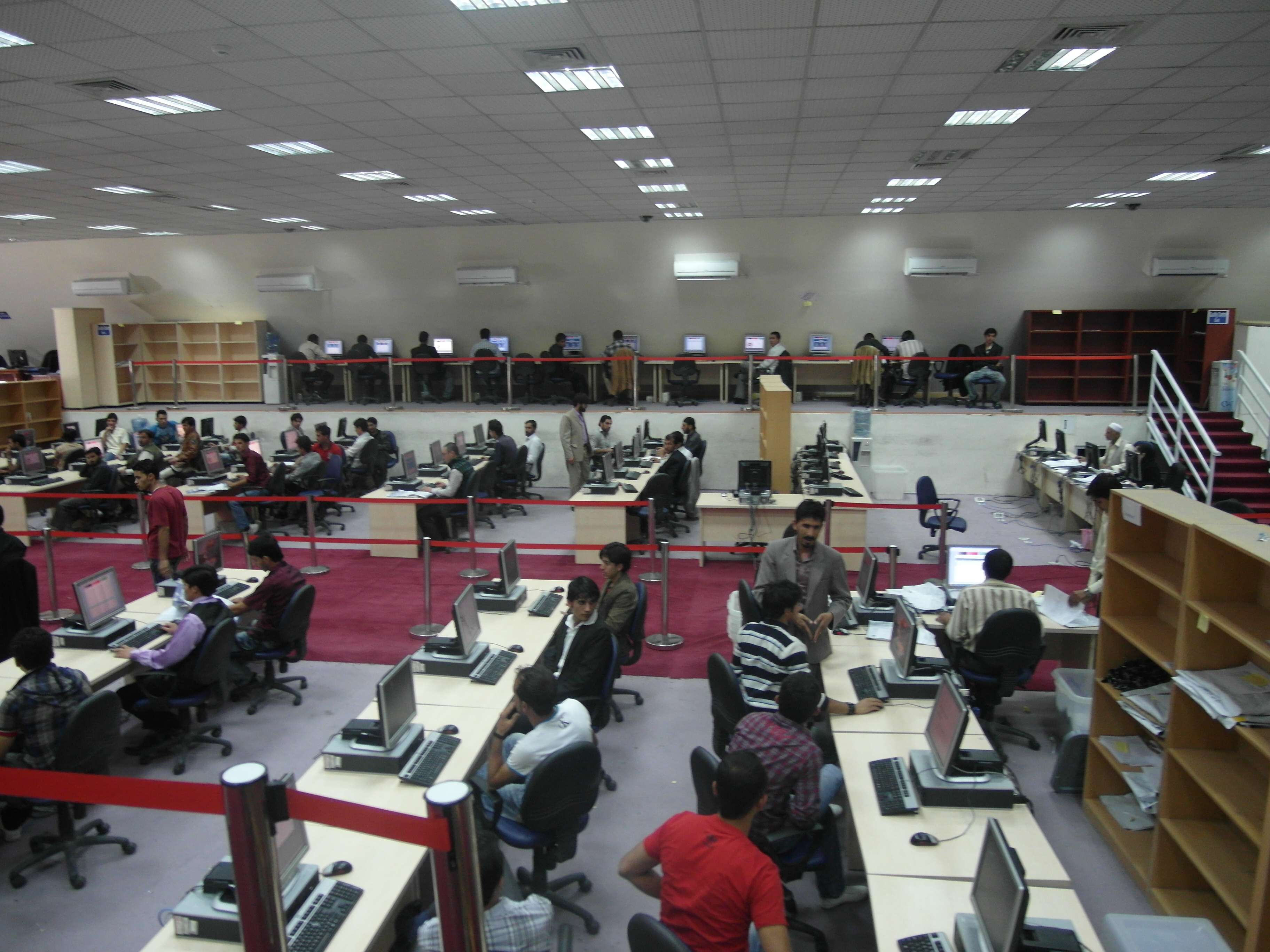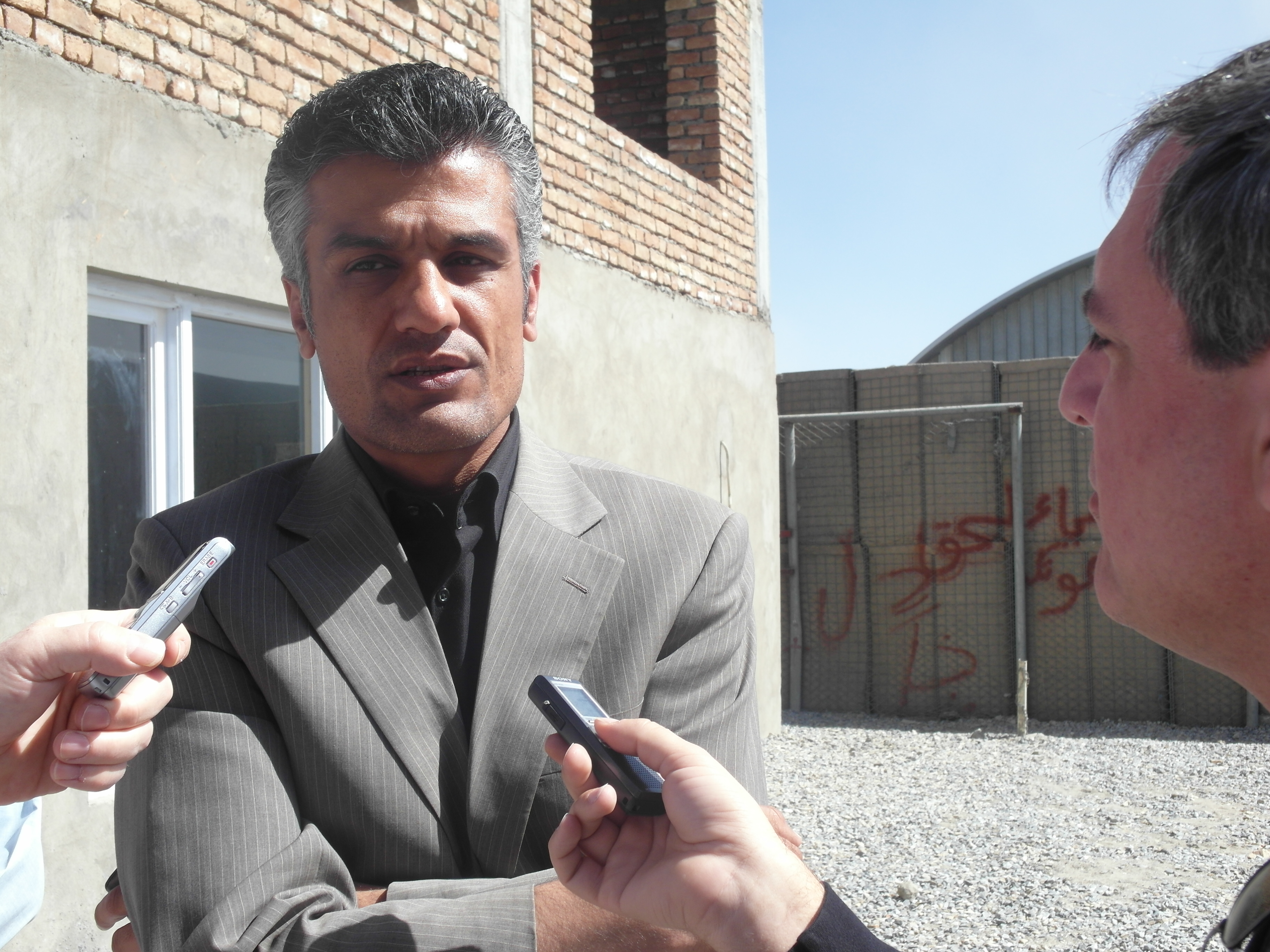Afghanistan: Election outlook darkens
Afghan officials are having a hard time meeting already-low expectations
Share
 Above: The IEC tally centre in Kabul
Above: The IEC tally centre in Kabul
Afghan officials are having a hard time meeting the already-low expectations for the September 8 parliamentary elections.
On October 4, Afghanistan’s Independent Elections Commission pushed back its own Oct. 9 deadline for announcing preliminary results from across the country to Oct. 17. The announcement was delayed yet again yesterday, with it now planned for Wednesday. The release of preliminary results was aimed at enhancing the public’s faith in the election by offering a sense of transparency to the counting, but this delay – just hours before the results were supposed to be released – has raised serious suspicions that heavy pressure is being put on the IEC to change the outcome “for a handful of powerful figures.” If there is anything to these suspicions, it is a seriously bad turn.
There are two ways an election can go wrong, through both the process and the content. First, through ballot-stuffing or vote-rigging or other forms of fraud, the actual electoral process can be illegitimate. But while we in the west tend to focus on the electoral process as the key to legitimacy, a few people I spoke to in Afghanistan think that what really matters is the ensuing content – that is, who gets into parliament. The Wolesi Jirga is the primary political instrument for holding the president in check, and a lot of observers were hoping for an injection of 20 to 30 fresh, young Afghan politicians who understand the notion of a loyal parliamentary opposition.
There is no question there was fraud. The day we visited the IEC tally centre in Kabul in early October, the IEC announced that Tuesday that it had invalidated part or all of the results from another 227 of Afghanistan’s roughly 5,400 polling centres, with audits and recounts in 339 others. Yesterday, the IEC said it would nullify wholly or partially the votes cast at 430 polling places, and that votes at another 830 sites were being audited.
 But chief electoral officer Abdullah Ahmadzai stressed in an interview that while fraud had taken place at certain polling centres, there is no constituency in the country in which the credibility of the final result is seriously challenged. Everyone who was returned to parliament, he stressed, would be legitimately there. (NB: The electoral system for the Wolesa Jirga is by single non-transferable vote in multi-member district-level constituencies.)
But chief electoral officer Abdullah Ahmadzai stressed in an interview that while fraud had taken place at certain polling centres, there is no constituency in the country in which the credibility of the final result is seriously challenged. Everyone who was returned to parliament, he stressed, would be legitimately there. (NB: The electoral system for the Wolesa Jirga is by single non-transferable vote in multi-member district-level constituencies.)
There is a surprising amount of public trust in Mr. Ahmadzai and the commissioner, Fazal Ahmad Manawi. But as Alissa Rubin writes in today’s NYT, “nothing in their past could have prepared the two men for the level of pressure they now face from hundreds of candidates angry about the apparent outcome.” Not to mention from a president who is less than keen to face a parliament bent on opposing his will, however loyal it might purport to be.